Hillsborough Inquests: Kenny Dalglish recalls 'mayhem' during disaster
- Published
Mr Dalglish described a scene of "mayhem" in which "nobody knew what was going on" to the inquest - Judith Moritz reports
Former Liverpool player Kenny Dalglish has described the "mayhem" at Hillsborough during the disaster.
"Nobody knew what was going on," he told the inquests. "There were stories coming from every angle."
Mr Dalglish was Liverpool's manager on the day of the April 1989 tragedy when his side met Nottingham Forest in an FA Cup semi-final.
Ninety-six fans died after crushing developed on the terraces at Sheffield Wednesday's stadium.
Wearing a red Liverpool FC tie and a "96" lapel badge, Mr Dalglish was first questioned by Christina Lambert QC, on behalf of the coroner, Lord Justice Goldring.
He outlined his arrival at the stadium, telling the court how his focus was on the match.
He said at first he did not notice anything amiss on the Leppings Lane terraces, as his team were attacking the opposite end of the pitch.
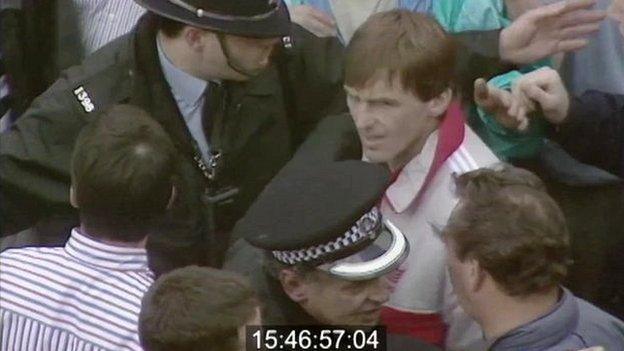
Dalglish addressed the crowd at Hillsborough
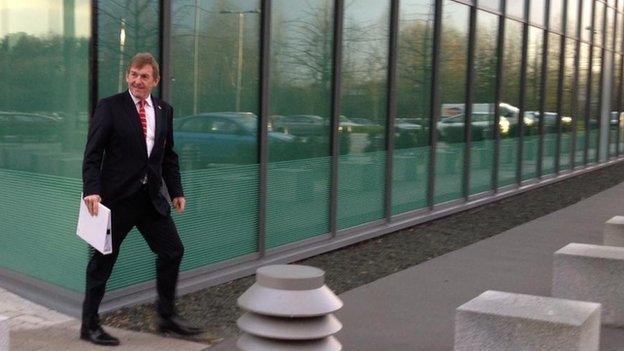
It was the first time Kenny Dalglish had given evidence about the disaster in a court of law
But he said news soon filtered through of a developing emergency, although he did not at first understand the severity of the situation.
"We knew there'd been fatalities. We weren't told what the cause was, but we knew it wasn't people fighting or hooliganism," he told the jury in Warrington.
After the match was stopped, Mr Dalglish described being asked by police to speak to fans in order to "call for calm".
He said a microphone in the police box was not working and that he had to use a microphone in the DJ's box instead.

Analysis: Andy Gill, BBC North West Tonight
Kenny Dalglish isn't just a Liverpool legend for his success as a player and manager.
He also has a special place in their hearts for the support he showed the Hillsborough families by visiting survivors in hospital and attending funerals.
So there was great interest in his evidence.
At first it seemed pretty straightforward. Mr Dalglish told the jury about the "mayhem" on the pitch and how no-one on the team bus spoke on the journey home.
But when John Beggs QC, the lawyer for match commander David Duckenfield, started asking questions about drunkenness and ticketlessness among Liverpool fans, things started to get heated.
The coroner sent out the jury three times for legal discussion about what Mr Beggs and other lawyers could ask Mr Dalglish.

The 63-year-old was then questioned by John Beggs QC, who represents the retired Hillsborough match commanders.
Mr Beggs showed the jury a copy of an excerpt from Mr Dalglish's autobiography, My Liverpool Home.
He asked him about a paragraph which talks about Liverpool fans "bunking in" to Wembley without tickets for the 1986 FA Cup final between Liverpool and Everton.
Mr Beggs also quoted a Home Office report about that match, describing attempts by ticketless fans to enter the stadium as "troubling".
Mr Dalglish replied: "I'm just a normal human being. Not judge and jury on how people should behave."
Mr Beggs was then repeatedly interrupted by the coroner as he tried to ask Mr Dalglish if he agreed whether late or drunk fans contributed to the Hillsborough disaster.
Lord Justice Goldring told the hearing Mr Dalglish "can't possibly answer such questions".
On three separate occasions, the jury was asked to leave the court while the coroner and barristers discussed legal issues.
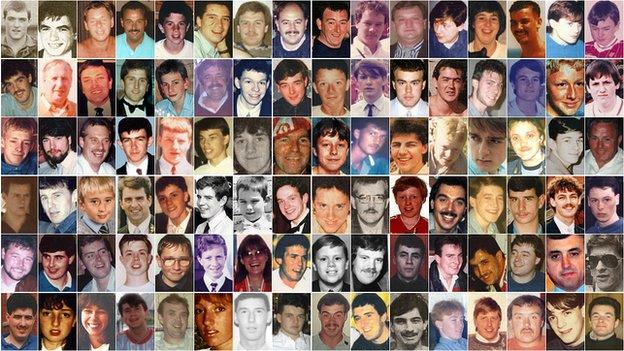
Ninety-six Liverpool fans were fatally injured at the Liverpool versus Nottingham Forest FA Cup semi-final
Mr Dalglish later told the court how he refused to accept a telephone call from Kelvin Mackenzie, then editor of The Sun, which published the controversial front page headlined "The Truth".
The story, printed four days after the tragedy, made false claims about the behaviour of Liverpool fans.
Such was the anger prompted by the story, Mr Dalglish said he was asked to visit HMP Liverpool in an attempt to "calm down" prisoners.
His evidence marks the first time he has spoken about the tragedy in a court of law.
Known as King Kenny, Mr Dalglish excelled as player in the 1980s and was made manager in 1985.
Liverpool won three league titles and two FA Cups under him before he resigned in 1991 on health grounds.
The former player, who returned to manage Liverpool between 2011 and 2012, was affected deeply by the Hillsborough disaster and attended several funerals of those who died.
The inquests have now finished for Christmas and will resume on 6 January.
- Published18 December 2014
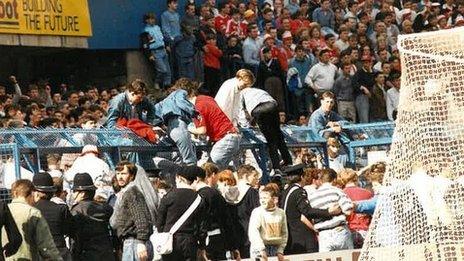
- Published17 December 2014
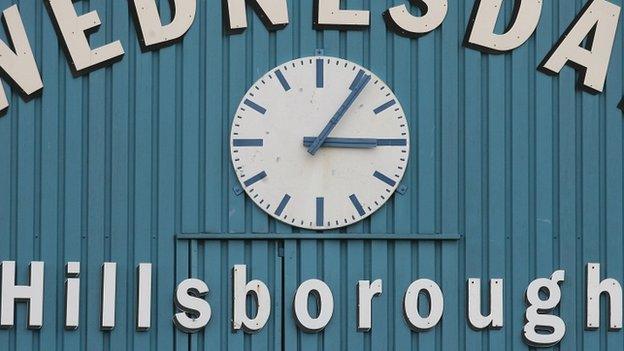
- Published16 December 2014
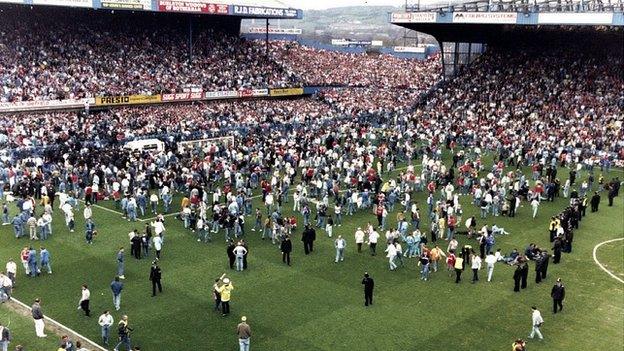
- Published15 December 2014
